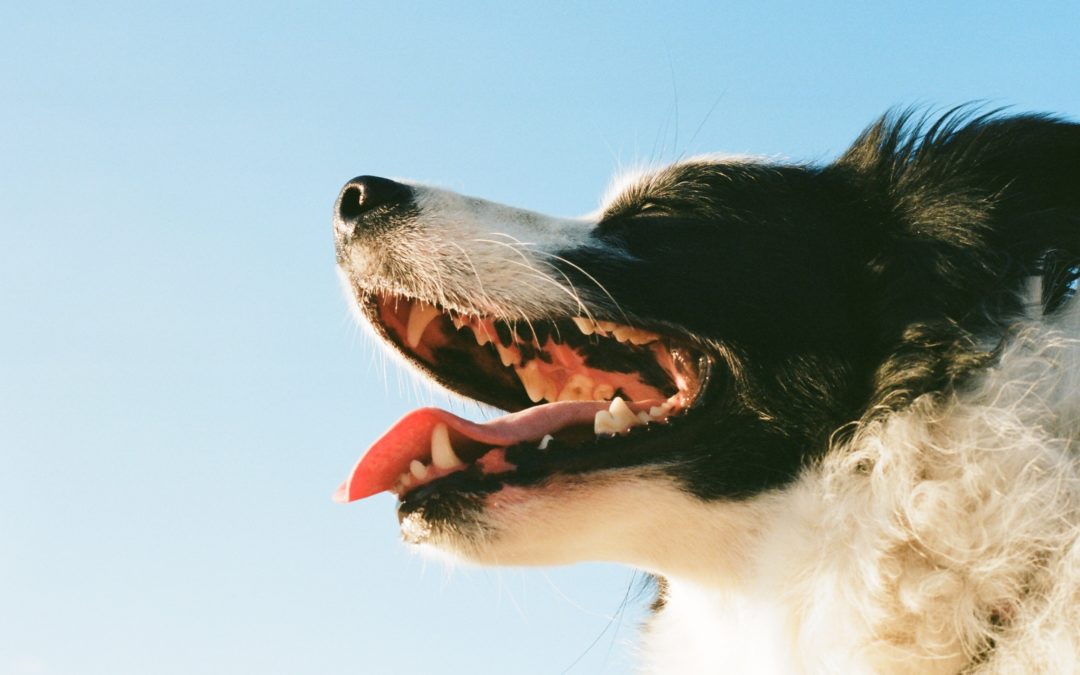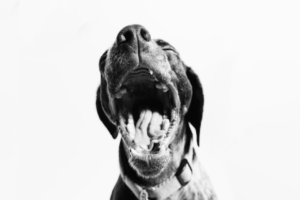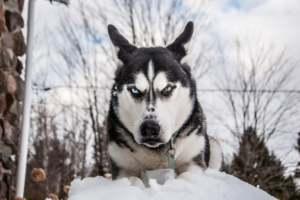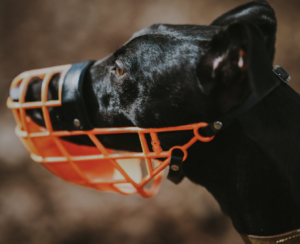Owners often get surprised when their cuddly and lovable canine best friend suddenly bit them. Little do they know is that dogs exhibit subtle behavioral changes that can serve as warning signs before they bite.
In the US, the Center for Disease Control and Prevention estimates a whopping 4.5 million dog bites in one year. Dog’s teeth are not sharp, but the intensity of the bite can penetrate through the skin causing muscle damage.
Warning Signs That a Dog is About to Bite
- Licking lips, yawning, and not engaging in contact
Photo by Fabian Gieske on Unsplash
These signs seem to illustrate a bored dog, but sometimes they can very well be signs of an uncomfortable dog. If the dog refuses to make eye contact and starts yawning, he is probably feeling a bit stressed. Of course, these signs do not mean the dog will suddenly lunge at you. However, prolonging an uneasy situation for your dog might escalate to a more aggressive response.
- Low growls with showcasing of pearly whites
This behavior obviously shows an agitated dog. In fact, it is probably the most indicative sign that a dog will bite. Dogs usually exhibit this behavior when they are unhappy or very uncomfortable. Upon seeing a growling dog with his fangs on display, check the surroundings and eliminate what they perceive as a threat.
- Tail wagging
Most dog owners easily associate wagging tails as excitement and happiness. While it is true that dogs wag their tails when they are giddy, it can also be a sign that a dog is feeling perturbed. The manners of tail-wagging in these two events vary. A happy dog will wag his tail along with their whole body as if he could not contain his excitement. An anxious dog will wag a slightly elevated tail in a slow manner.
- The sclera of the eyes on full display
When a dog is at peace, the white parts of his eyes are not noticeable. Whenever a dog feels attacked or threatened, his gaze becomes narrow and steady exposing the sclera of his eyes. Even if he shifts his head a little, his eyes will still be in direct contact with his target.
Photo by Auréanne Mailhiot on Unsplash
- Raised fur on the neck or back
When you see your dog’s back or neck hair rising, it suggests that he does not feel at peace with what is happening.
What to Do to Stop Dog Bites
Dog owners should train the dog and prevent potential dangers that your dog might impose upon others. It is your responsibility to keep your dog under control and should do what you can to prevent dog bites, such as:
- Have your furry friend do basic training. Continue reinforcing what your dog learned from the program. Do it over and over again until it becomes a part of him.
- Bond with your dog. We all know that dogs are social butterflies. They love playing and interacting with other people. Let them interact with the people you interact with. This will train your dog to not experience distress when coming across a new person.
- Let your dog experience life outside his dog house. Let him see other dogs and hear loud street noises. Just be sure to keep the experience positive for him. If you can do it when your dog is still a puppy, it will be more beneficial.
- Observe and understand your dog. Some situations can trigger your dog’s anxiety. Sometimes you can’t do anything to mitigate the situation or your dog. When this happens, whisk your dog away to a safe space, so he can regain his composure.
- Never get physical with your dog. Hitting and being aggressive will get you nowhere, Instead, reward your dog when he does a good job. Positive reinforcement has been proven more effective than using aversives or shock collars.
- Do not take off your dog’s leash if you are not confident about how he will behave in public places.
- For dog owners who are familiar with their dog’s easily agitated nature, it is important to inform other people. At the same time, apply preventive measures such as using a muzzle or putting a leash on your dog when going to public places.
Photo by Annie Spratt on Unsplash
- Do not forget to visit the vet often. Always make sure that your dog gets his vaccinations on time, especially the one for rabies. While at it, ask the vet if your dog can be given dietary supplements that can nourish his physical and mental faculties.
Pet owners should be proactive in terms of providing training and observing their dogs behavior because dogs can be trained and dog bites can absolutely be prevented.
*****
About the Author:
Charles is a certified pet-lover who writes for RestoraPet. He, together with his wife, enjoys doing volunteer work in various animal shelters at his city.




